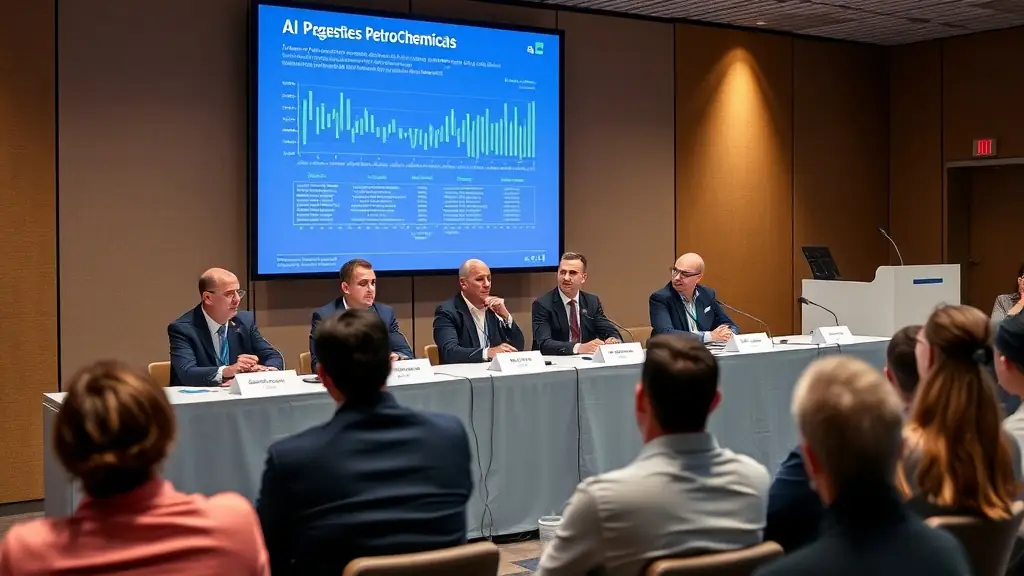October 26, 2024
Virtual Meet

Introduction
The recent workshop conducted by Shri Vishnu Engineering College for Women, aimed at faculty and students from universities across India, provided an in-depth exploration of essential concepts and practical applications in Data Science and Machine Learning. Our Head of Data Science participated in this workshop, covering a wide range of topics, from feature engineering to ensemble learning. The sessions aimed to bridge the gap between human intuition and machine understanding. Below is a detailed overview of the workshop sessions and their key takeaways.
Session Breakdown
Session 1: The Human-Machine Gap
Session 2: Feature Engineering & Ensemble Learning
Session 3: Human vs Machine Thinking
Session 4: Feature Engineering Techniques
Session 5: Feature Selection Methods
Session 6: Ensemble Learning
Conclusion
The workshop successfully equipped participants with foundational knowledge and practical skills necessary for navigating the complexities of data science and machine learning. By emphasizing feature engineering, model evaluation, and real-world applications, attendees gained valuable insights that will aid them in their academic and professional pursuits. As the demand for expertise in these fields continues to grow, this workshop served as an essential stepping stone for faculty and students alike, fostering a deeper understanding of how to leverage data science and machine learning effectively. We look forward to seeing how participants apply these insights in their future projects!

Head Of Data Science
Process Point Technologies

Professor & HOD
Department of Information Technology
99.5%
200+
6